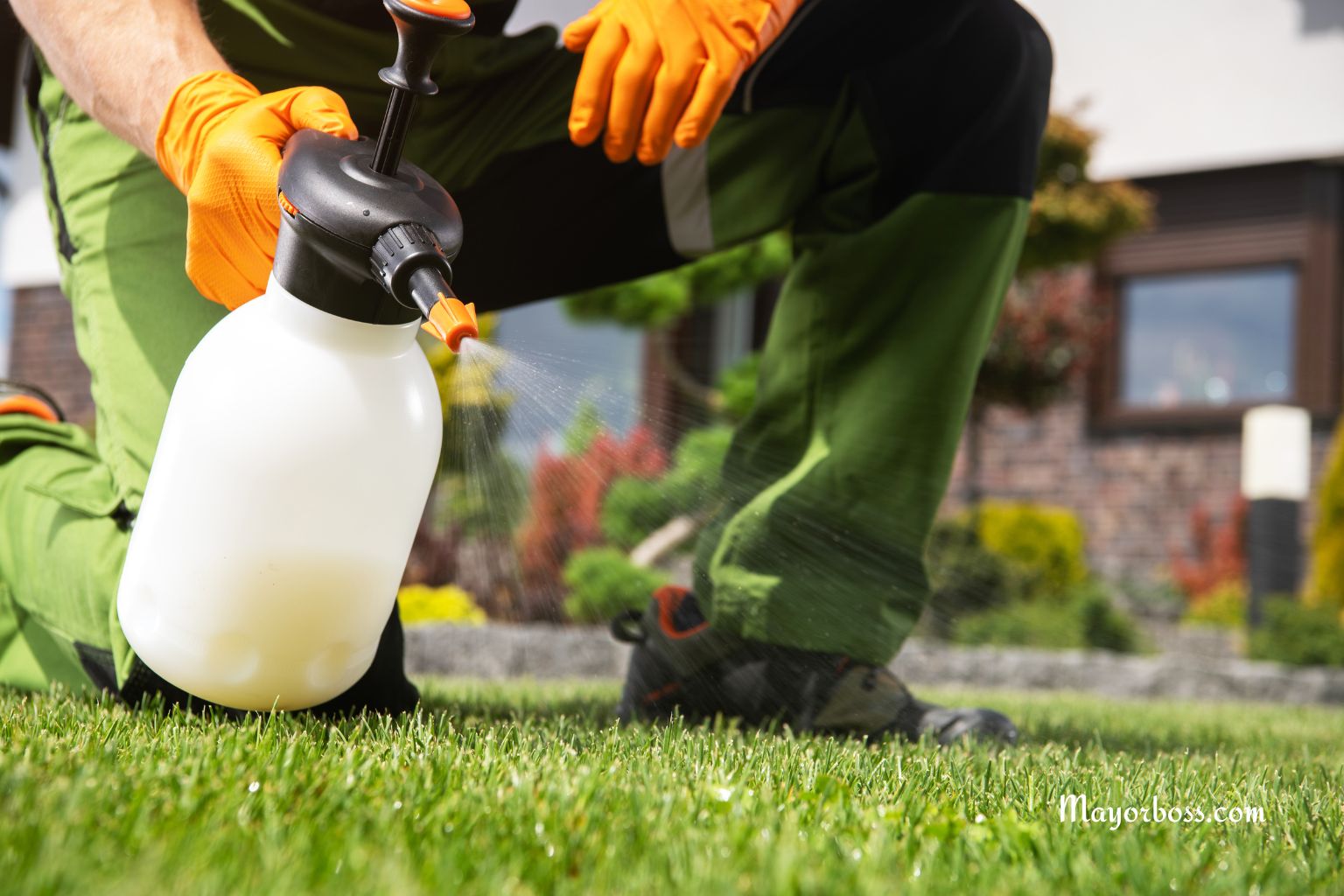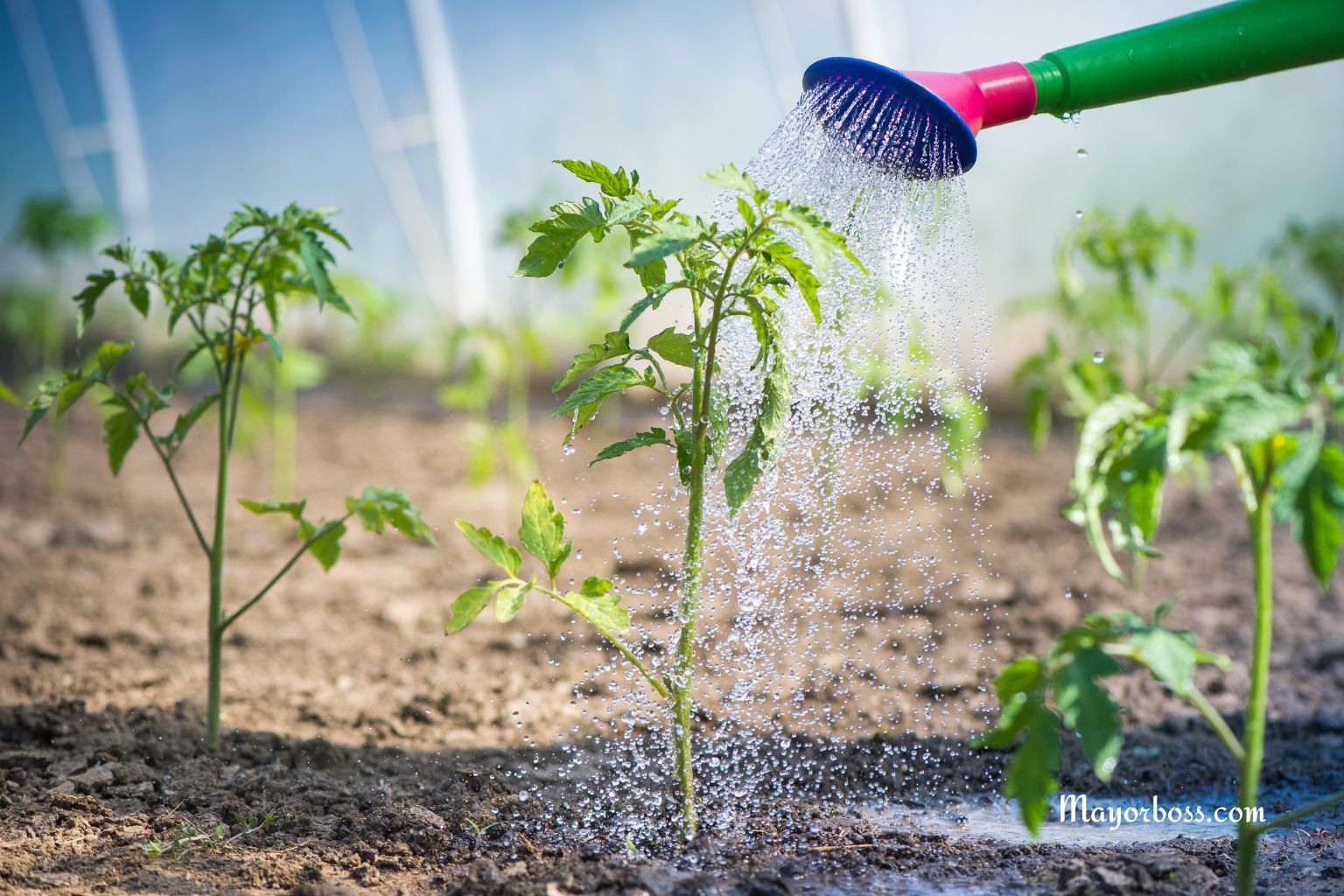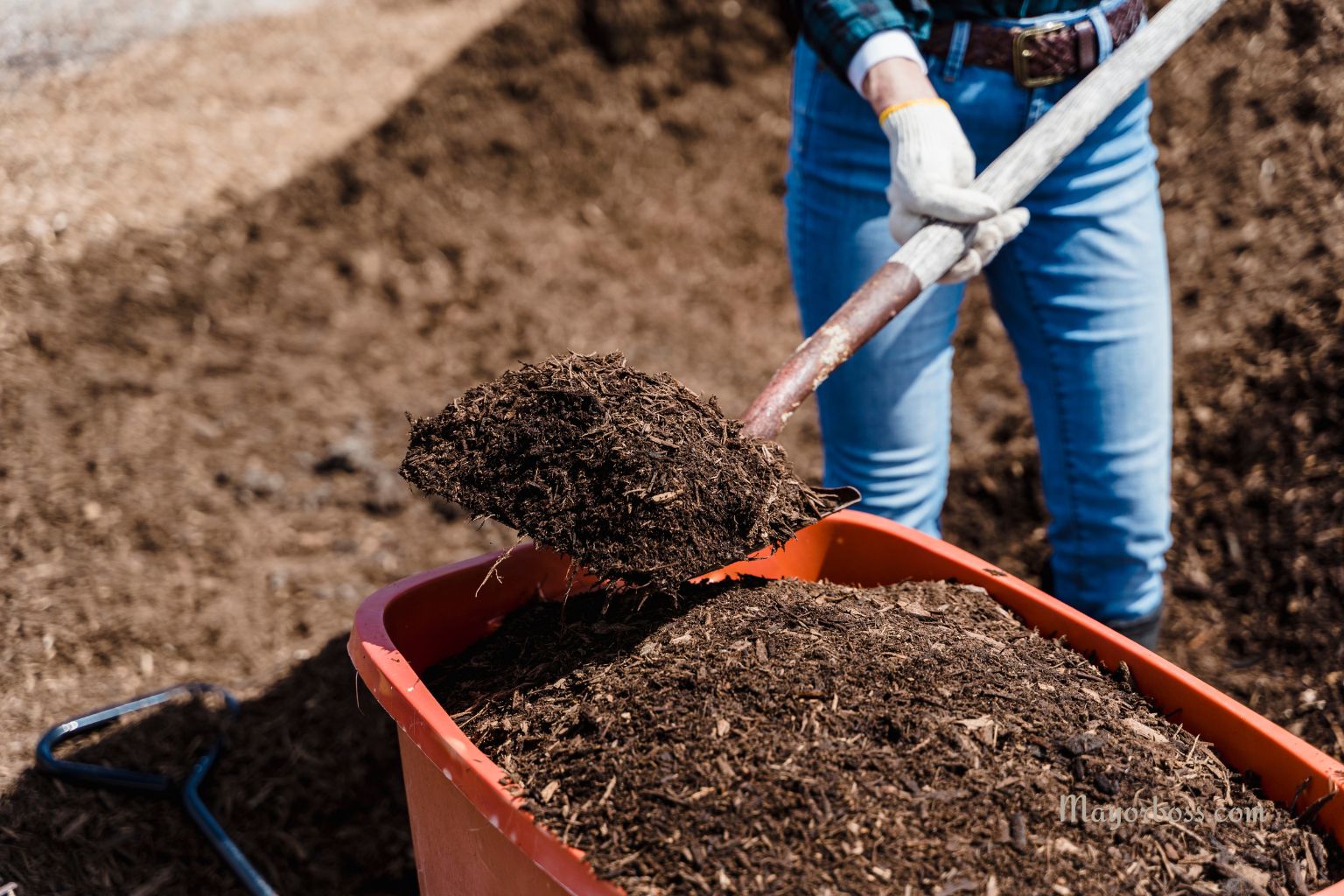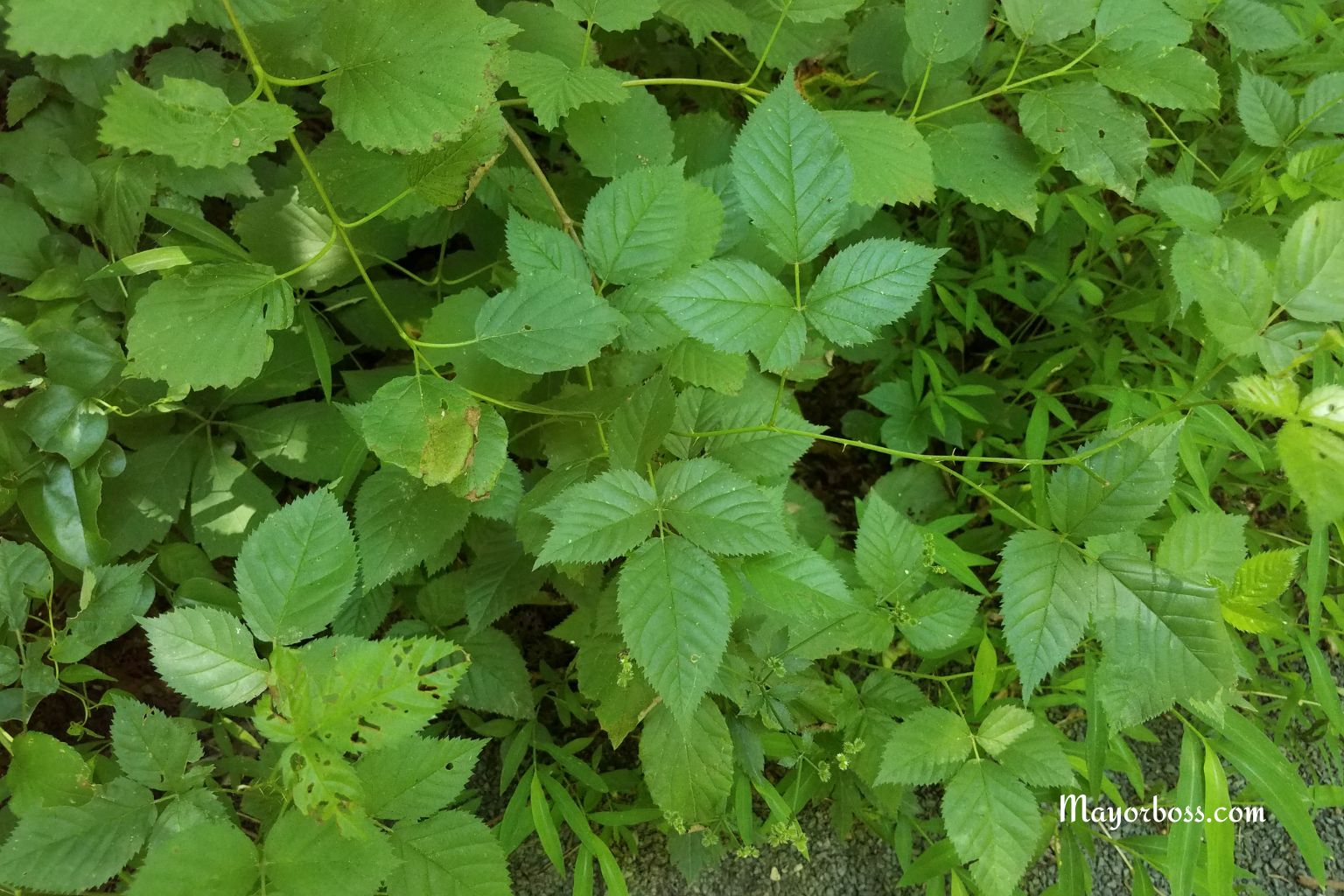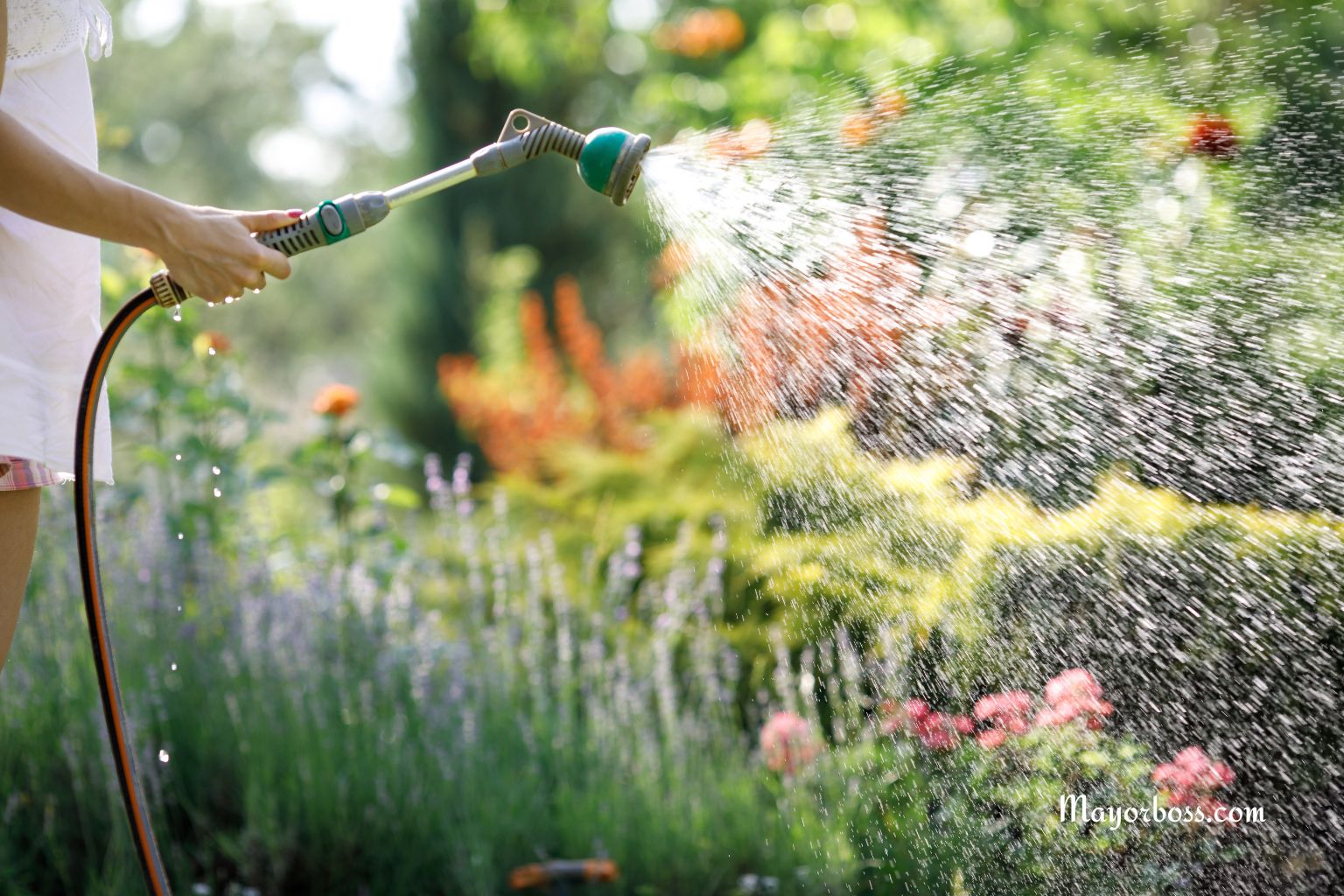Baking Soda Weed Killer: The Natural Way to Eliminate Weeds Fast
If you’ve ever looked at the cracks in your driveway or the spaces between your patio stones and sighed at the weeds sprouting there, you’re not alone. Many people struggle with keeping these stubborn plants under control. The good news is, you don’t need to reach for harsh chemicals. Something as simple as baking soda may be enough to do the job.
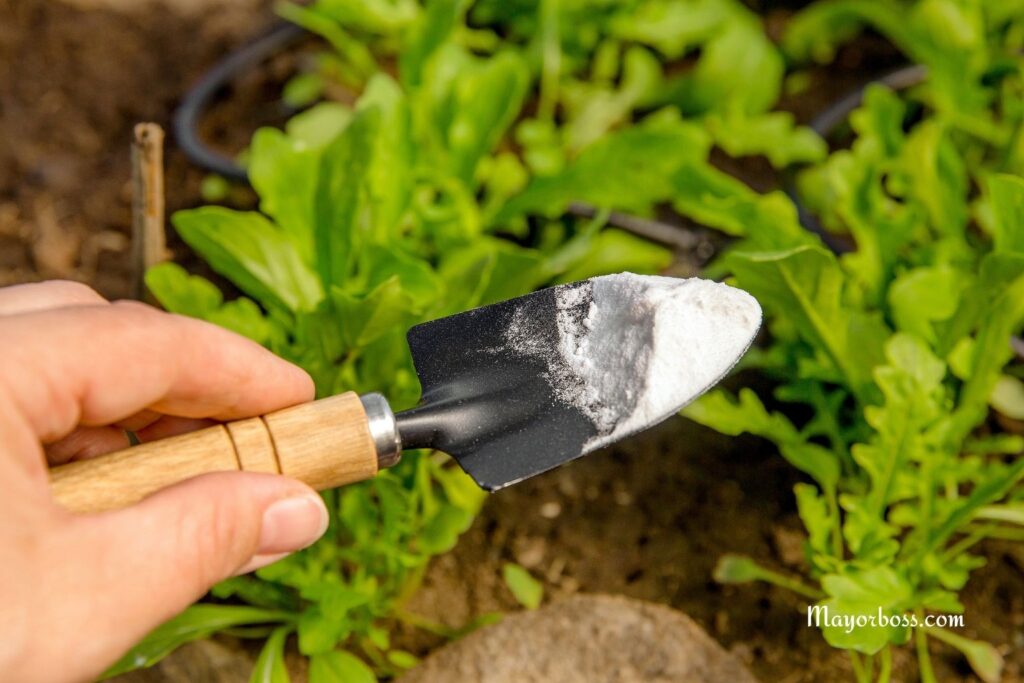
Baking soda, or sodium bicarbonate, is a common household item with many surprising uses. One of its lesser-known benefits is its ability to work as a natural weed killer. When used correctly, it can help you get rid of unwanted growth in problem areas quickly and safely.
How Baking Soda Works Against Weeds
The key ingredient in baking soda is sodium. When applied directly to plant leaves, the sodium pulls out water from the plant cells. This process causes the leaves to dry out and eventually kills the weed.
Unlike synthetic herbicides, baking soda doesn’t linger in the environment. That makes it appealing if you’re trying to maintain a safe space for children, pets, or wildlife. However, it’s important to remember that it is not selective. If it touches your lawn, flowers, or vegetables, it may damage them as well.1
Best Places to Use Baking Soda Weed Killer
Baking soda is most effective in areas where you don’t want any plants to grow at all. Think of places where weeds pop up year after year:
- Cracks in sidewalks or driveways
- Between bricks, patio stones, or pavers
- Gravel or stone walkways
- Along the edges of fences
- Areas around garden sheds or garages
In these locations, baking soda can stop weeds without risking harm to the plants you want to keep.
How to Use Baking Soda to Kill Weeds
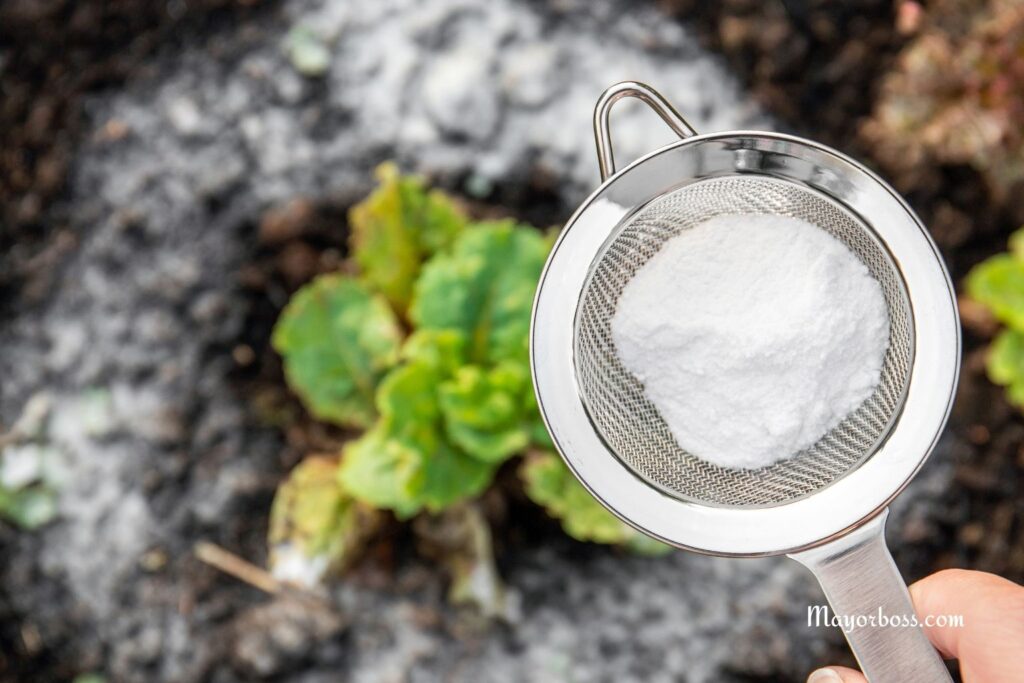
Using baking soda as a weed killer is simple, but technique matters. Here’s how to do it effectively:
- Moisten the area slightly
Lightly wet the weed and the surrounding surface with water. This helps the baking soda stick to the leaves. - Sprinkle baking soda directly
Take about one teaspoon of baking soda and dust it over the center of the weed. For very small weeds, less is enough. - Treat larger patches
If you’re dealing with a patch of weeds, sprinkle an even, thin layer of baking soda across the whole area. Be careful not to scatter it into your flower beds or lawn. - Reapply as needed
Some weeds may begin to brown and dry out within a few days, while others may take up to a week. If the weeds regrow, repeat the treatment every few weeks until they stop returning.
Combining Baking Soda With Other Natural Methods
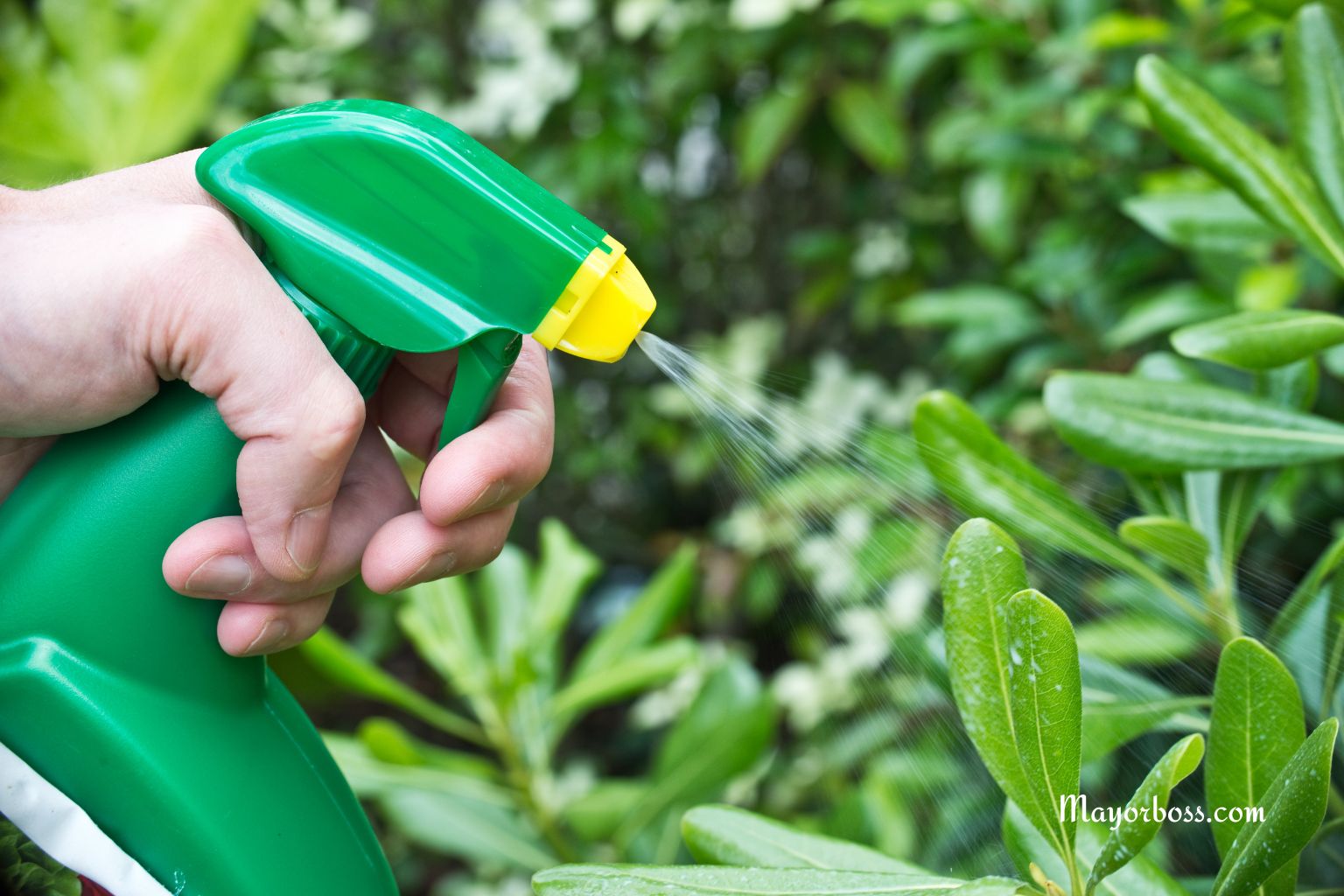
If you’re facing a larger weed problem, baking soda can be part of your toolkit, but not the only solution. You can combine it with other safe, natural approaches:
- Boiling water: Pouring boiling water directly on weeds is a fast way to scald them.
- Vinegar spray: Household vinegar can burn leaves and help control weeds.
- Mulching: Adding a thick layer of mulch around garden plants blocks sunlight and keeps weeds from sprouting.
- Manual removal: Pulling weeds by hand or with a tool, then dusting the spot with baking soda, may slow regrowth.
Safety Precautions and Considerations
Although baking soda is natural, it’s not without limitations. Here are a few cautions to keep in mind:
- Not for lawns or gardens: Because baking soda can harm any plant it touches, don’t use it near grass, flowers, or vegetables.
- Soil impact: Using large amounts repeatedly in one spot can increase soil salinity. Over time, that may prevent anything from growing there.
- Best for small areas: It works on isolated weeds or cracks, but it won’t clear out a whole yard or field of weeds.
- Wear Gloves: Although baking soda isn’t toxic, prolonged skin exposure may cause minor irritation. Gloves can prevent discomfort 2
Garden Use: Baking soda isn’t just useful for weeds. It can also enhance the growth and flavor of your tomatoes. Learn exactly how to apply it by reading my detailed guide on How to Use Baking Soda on Tomato Plants for Better Growth and Flavor.
Common Misconceptions About Baking Soda Weed Killer
Some common misconceptions exist about using baking soda to eliminate weeds. Here’s what you need to know:
- It’s Not a Permanent Solution: Baking soda effectively kills existing weeds but won’t stop new ones from sprouting. Regular application is key.
- Not Suitable for Large Areas: Baking soda is most effective in small spaces, pathways, and cracks. Larger areas might require alternative natural methods or commercial organic weed killers.
Why Baking Soda Is a Smart Choice
Many homeowners are concerned about the effects of chemical weed killers on health and the environment. Runoff from herbicides can end up in local water systems, and residue may stay in the soil. By using baking soda, you gain peace of mind. It’s a simple, cost-effective way to target weeds in areas where they’re most frustrating.
FAQs
Can baking soda kill weeds permanently?
No, it doesn’t prevent new seeds from sprouting. You may need to reapply it regularly to keep weeds under control.
How long does it take for baking soda to kill weeds?
Most weeds will begin to show damage within a few days, but tougher ones may take up to a week.
Is baking soda safe to use around pets?
Yes, in small amounts. However, don’t allow pets to eat large quantities of it.
Can I use baking soda in my vegetable garden?
It’s not recommended. Baking soda can harm vegetables and alter the soil, making it less friendly for healthy growth.
Does baking soda work better than vinegar on weeds?
It depends on the weed. Vinegar may act faster on certain leafy weeds, while baking soda is especially effective in cracks and on dry surfaces.

